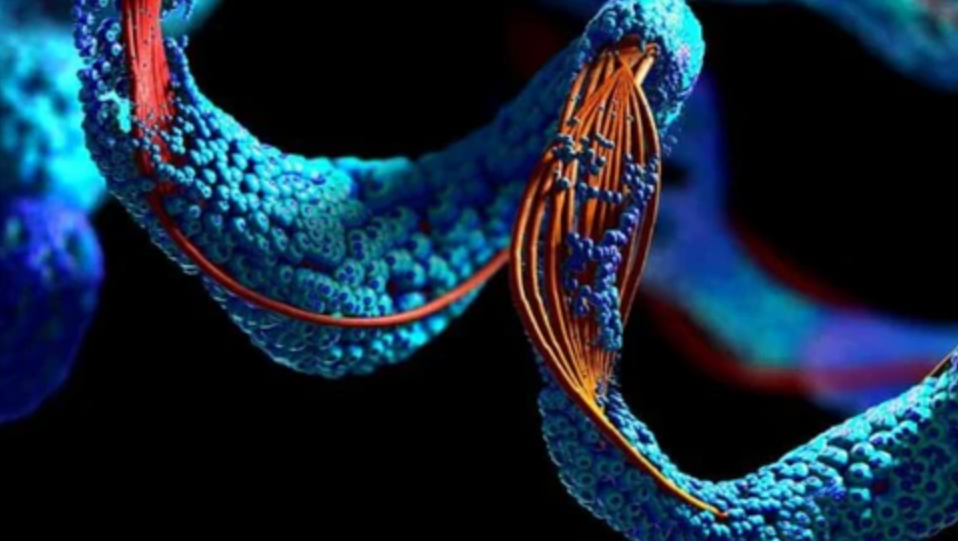
Understanding Recombinant Proteins in E. coli
Recombinant proteins produced in Escherichia coli (E. coli) are a cornerstone of modern biotechnology. By inserting the gene encoding a target protein into E. coli, scientists can exploit the bacterium’s rapid growth and well-understood genetics to generate high yields of protein efficiently. This approach is widely used in research, diagnostics, and industrial applications because it allows for cost-effective and scalable protein production. The simplicity of the E. coli system makes it a preferred host for producing proteins that do not require complex post-translational modifications.
Methods of Production
Producing recombinant proteins in E. coli involves several carefully controlled steps. The gene of interest is first cloned into an expression vector, often containing regulatory sequences that ensure strong and inducible protein expression. The vector is then introduced into E. coli cells, which are cultured under conditions that optimize growth and protein synthesis. Following expression, the protein is harvested and purified using specialized biochemical techniques to ensure that it maintains its correct structure and function. Expression conditions, such as temperature and inducer concentration, are carefully optimized to maximize yield and solubility.
Applications in Science and Industry
Recombinant proteins expressed in E. coli serve numerous scientific and industrial purposes. In research, they provide reliable and abundant material for structural studies, enzyme assays, and antibody production recombinant proteins e coli. In the pharmaceutical industry, E. coli–derived recombinant proteins are used to manufacture therapeutic proteins, vaccines, and diagnostic reagents. Industrially, enzymes produced in E. coli facilitate processes in food production, biofuels, and chemical synthesis. The versatility of this expression system makes it indispensable for applications requiring high quantities of functional proteins.
Advantages of Using E. coli
E. coli offers several advantages as a host for recombinant protein production. Its fast growth rate and simple culture requirements allow for large-scale protein production at low cost. The genetics of E. coli are well characterized, enabling precise manipulation of expression vectors to enhance protein yield and stability. Additionally, the availability of numerous molecular tools and strains optimized for protein expression increases the likelihood of successful production, even for proteins that are difficult to express in other systems. These benefits make E. coli a workhorse for both research and commercial protein production.
Challenges and Future Perspectives
Despite its advantages, producing recombinant proteins in E. coli can present challenges, particularly for proteins that require complex folding or post-translational modifications. Some proteins may form insoluble aggregates, requiring additional steps to recover functional protein. Advances in protein engineering, fusion tags, and strain development are helping to overcome these limitations. Looking forward, continued innovation in E. coli expression systems promises to expand their capacity to produce more complex proteins, enhance yield and solubility, and meet the growing demand for recombinant proteins in medicine, research, and industry.